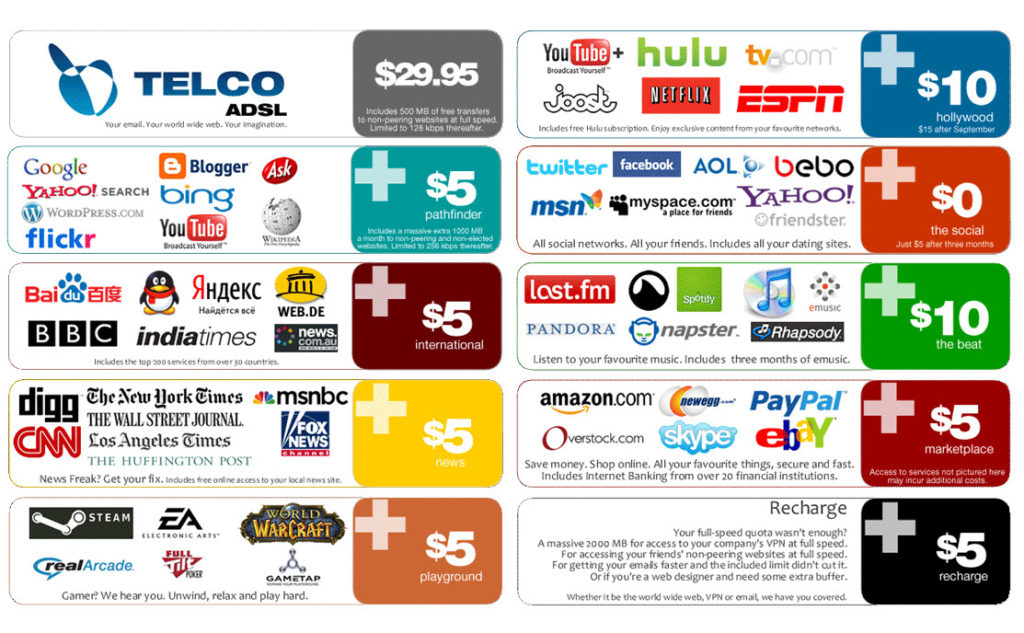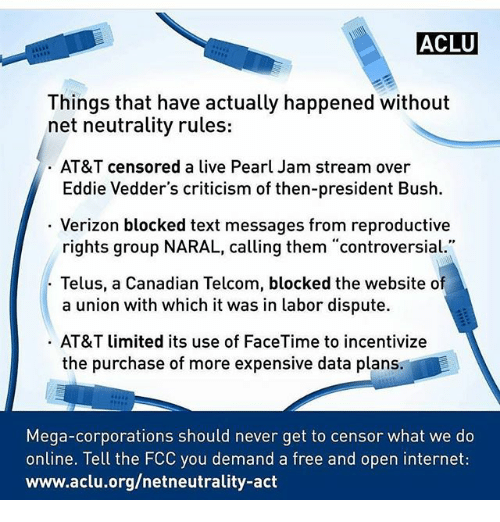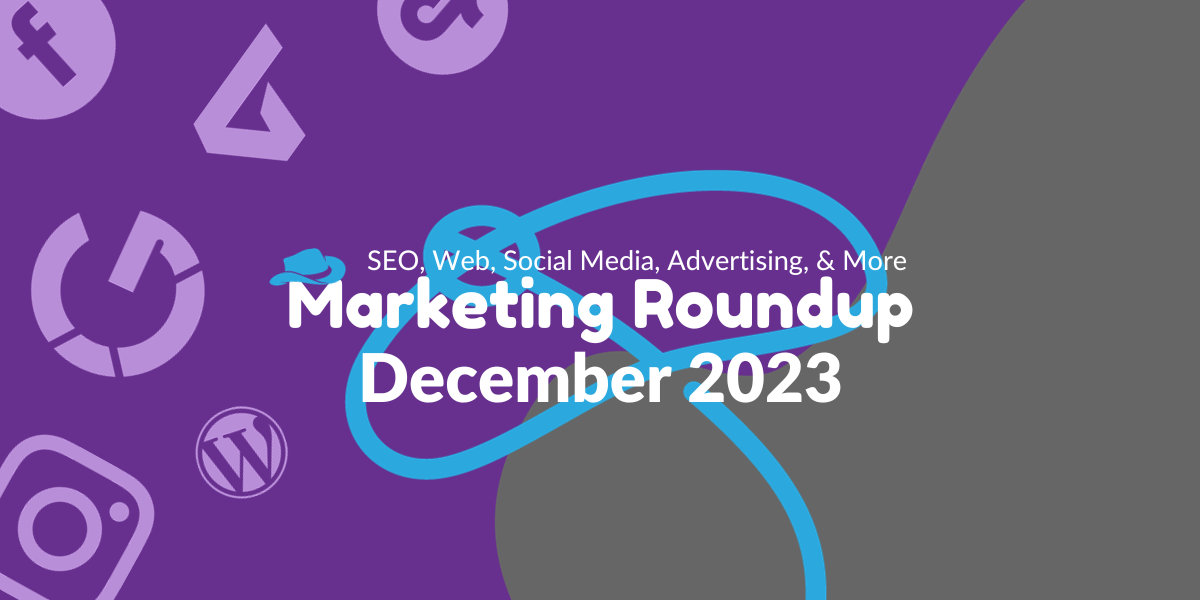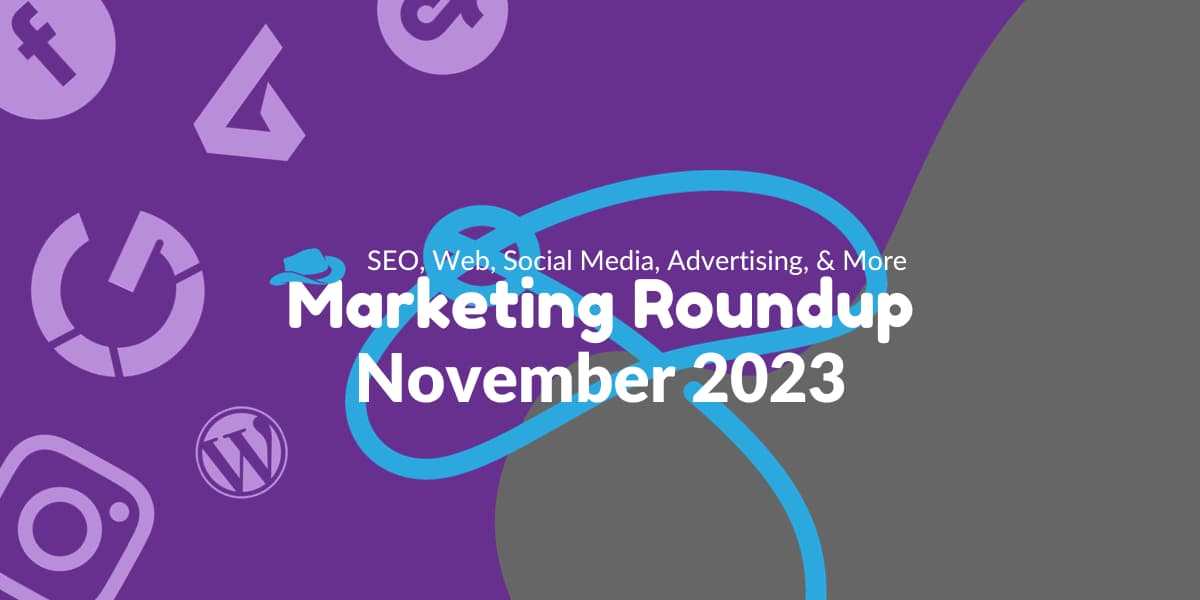 Posted by Aimee Cozza on November 23rd, 2017
Posted by Aimee Cozza on November 23rd, 2017You may have heard a bit about net neutrality recently. The reason for this being that the FCC unveiled a plan yesterday (11/22/2017) to roll back protections put in place in 2015 to preserve net neutrality. Many people understand what this means, and others do not.
This is where I’m going to derail: this is different from our usual calm down, internet posts, as calming down is exactly the opposite of what you should be doing. You should be freaking out. Everyone should be freaking out.
This is a huge problem, and you should be freaking out
That being said, let’s delve into what net neutrality means so you can understand what it does.
The internet has been growing in usage and popularity for years. We access it everywhere, on our phones, on our computers, at home, at the cafe, at the store. Everyone has the internet, or close to it. Everyone can access the information on the internet equally. Back in the 90s when we were connecting via dial up, we didn’t even have to consider the wealth of information that would be on the internet in 2017. With growing usage and the vast amount of knowledge available on the internet, it was important in 2015 for protection rules to be put into place to ensure that internet traffic was all treated fairly and equally.
The FCC plans to repeal the 2015 rules set to keep internet traffic fair
The plan unveiled yesterday (11/22/2017) is set to have a vote on December 14th, 2017 to repeal this 2015 act.
What does this mean?
Many of us are visual learners, so let’s start with an infographic:

Basically, you have your ISP, such as Comcast or Verizon. You buy your service from this provider such as the above infographic says. You pay one fee – $29.95 – to access everything on the internet. Right now you do, anyway. If net neutrality is repealed, you may see something more like the above. Want to watch Hulu? Add a $10 package. Want to shop faster online? Add $5 to your plan.
How does this work?
Essentially, net neutrality protections enable all network traffic to be treated equally. That means that Amazon is the same as Hulu is the same as running Bit Torrent. All network traffic must be allowed to pass to you with equal importance. If net neutrality is repealed, ISPs will then be allowed to — and with no recourse — slow (“throttle”) whichever sites they please.
How would this affect my business?
An ISP can heavily favor traffic to large paying corporations or companies, while leaving all traffic to your small business website to little or even nothing. Your ISP can decide whether or not your thriving internet business lives or dies. On top of this, social media usage may dwindle or drop — isn’t that where you reach the most people?
Imagine having to pay extra to connect to Facebook and Instagram, then paying to place an ad. Since not many people are paying extra to access those social media sites, your reach for your ads will drastically drop. If you list products on Amazon and your ISP requires you pay more (or does not allow you) to access it, you may not be able to list your products — and your reach to potential customers will be dwarfed.
Since all web traffic is created equal currently, you don’t have to worry about dumping tons of money into your website to make sure it reaches people. If you make a great product or provide a great service, you have just as much ability to compete with large corporations. Sure, you may sometimes have to pay for ads and a company with lots of money can pay for more grandiose ads, but imagine if you had to pay just to gain a couple of views to your website?
The internet is a huge venue for innovation, allowing for even the smallest of voices to be heard if they have a good idea, a great message, or a fantastic service or product. Net neutrality repeal would mean that you, me, and other people would all have different levels of reach — depending on what kind of money you have in your pocket.
More examples
Say Comcast doesn’t like Google. They can slow or stop all traffic to that website entirely if net neutrality is repealed.
Maybe Comcast enters a deal with Hulu. They can slow or stop all traffic to competitor services such as Amazon Streaming, Netflix, or otherwise.

But wait – just because they can doesn’t mean they will, right?
We’d love to believe that corporations — ISPs in this example — aren’t inherently evil. But if you give someone the option to do something and give no repercussions for it, chances are they will do it. Remember when Verizon earlier this year was found throttling service to Netflix? That was under net neutrality rules and a clear infraction on net neutrality. People freaked out and rightly so. Imagine if these companies could do this legally.
What can I do?
- Step 1: Contact your congress people. Demand that they support net neutrality. If you’re not sure who they are or how to get in contact with them, you can use the handy script on Battle for the Net‘s website to not only connect you, but also to provide you with a script you can say.
- Step 2: Share with all your friends and family, and get them to call too. Make sure everyone understands that this will affect everyone for years and years to come.
- Step 3 (Optional): If you have a website, use Battle for the Net’s popover script to tell your visitors how important it is that they support net neutrality by getting in touch with their congress people.
We’ll keep an eye on things as they develop, but this is a huge issue you should absolutely be freaking out about. Please, call your congress person.




